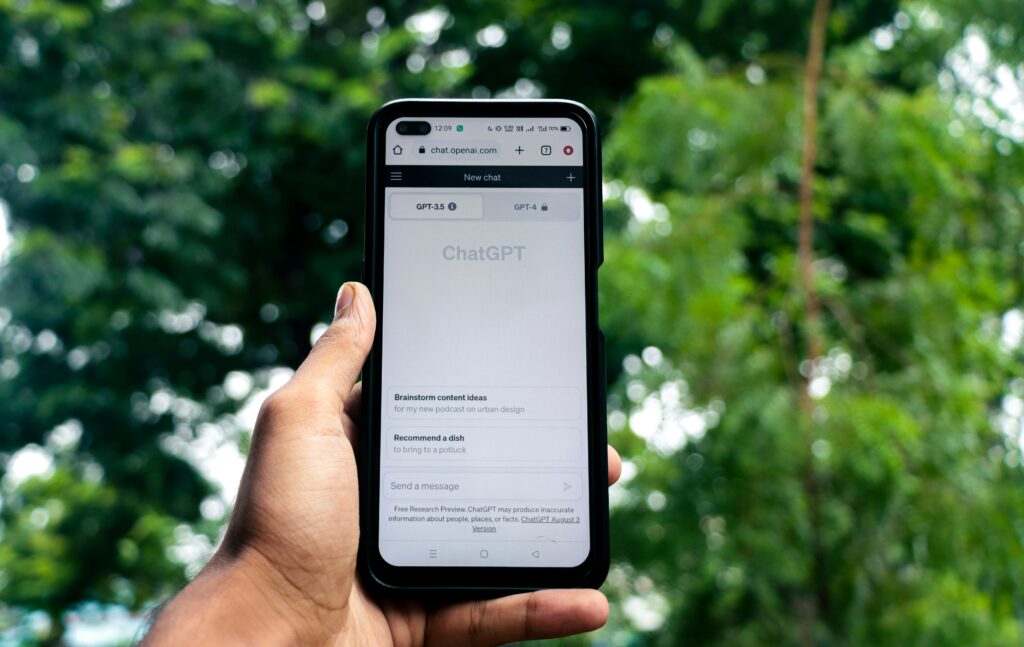The use of artificial intelligence technologies such as ChatGPT for writing academic papers, articles and other documents has gained popularity due to its ability to generate coherent and relevant text in a matter of seconds.
Here are the pros and cons of using this artificial intelligence for these tasks:
We consider the Pros

– Efficiency and speed: ChatGPT can generate copy quickly, which is particularly useful when facing tight deadlines. This allows users to focus on revising and improving content rather than spending hours on initial drafting.
– Knowledge availability: With an extensive database, ChatGPT can provide information on a wide variety of topics, making it a useful tool for initial research or for gaining a basic understanding of an unfamiliar topic.
– Writing improvement: For those who struggle with writing, ChatGPT can serve as a virtual tutor, helping to improve the structure, grammar and coherence of their texts.
– Creative Inspiration: By generating fresh ideas and approaches to various topics, ChatGPT can be a source of inspiration to overcome writer’s block or to explore new perspectives on a topic.
We take into account the Cons.

– Lack of personalization and authenticity: While ChatGPT is capable of generating text on a wide range of topics, it can lack the unique voice and personal experiences that a human author might bring to a paper, resulting in content that can be perceived as generic or impersonal.
– Accuracy of information: Despite its extensive knowledge, ChatGPT may generate outdated or inaccurate information. This requires users to carefully check the data and references provided.
– Technology dependency: Overuse of tools such as ChatGPT for writing can lead to technology dependency, diminishing users’ writing and critical thinking skills in the long run.
– Ethical and academic integrity issues: The use of AI to generate academic papers raises questions about originality and integrity. Educational institutions may consider the use of these texts as a form of plagiarism or academic dishonesty.
ChatGPT offers numerous advantages as a writing aid, offering efficiency and accessibility to a wide range of information. However, it is critical to be aware of its limitations, especially with regard to accuracy of information and ethical concerns.
Users should consider ChatGPT as a complement to their writing and critical thinking skills, not as a substitute. Verification of information and customization of generated content are essential steps to ensure that final papers are accurate, authentic, and meet ethical standards.




